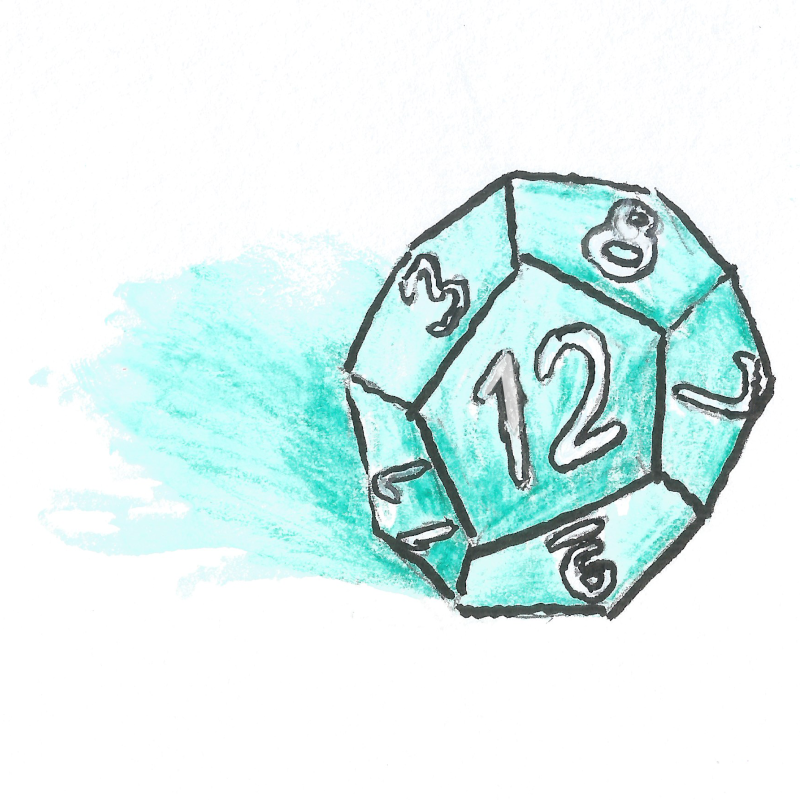As gamemaster, you might think of yourself as the omniscient Calvinist god of your world, deciding how things will play out before the players reach each major plot twist. But you’d do far better to think of it in terms of open theism and process theology—you, the gamemaster are experiencing the world you created from within time, unsure of how it will turn out.
In the D&D game I’m currently running, the party has reactivated an ancient fey portal into the multiverse. Within the nearby forge city of Rissimo, conscripted by the Empire for their war machine, the local Imperial mages/engineers think it’s worth exploring the planes for the glory of the Empire, while the local Imperial army thinks reopening the gates will invite some supernatural threat from beyond the veil. (I talked a bit about this storyline in my last post.)
Which one of these predictions is true? I haven’t decided yet. They both have merits and serious consequences that depend on whether they’re right or wrong. (Of course, there are other perspectives–the gods and ancients of this multiverse seem to be very much against reactivating the portals, but they have other concerns and biases. There’s no guarantee they know much more than the players or the Imperials.)
The Imperial mages are eagerly looking to reactivate portals across the continent; it seems like they’re winning, partially because the players inadvertently helped them. The party has already seen that the army tortured a friendly mage in pursuit of destroying the ancient portal.
This helps us recenter our factions off of a simple Good Guy/Bad Guy axis. If monsters or hostile fey flood the continent of Thurn, many people will die. The army might be the only thing standing in its way—but they’ll certainly make horrifying moral compromises as they prepare to meet the threat. The mages might be the only chance of saving a great deal of scientific/magical knowledge about the multiverse—but if it’s wrong, it might have doomed everyone.
Here’s the trick: we can’t know whose assessment is correct until we see if that threat is real, and I’m waiting to see how the story plays out to make that choice. (Very much like real life: sometimes you can do everything right and trouble’s still gonna come.) If I’d already decided it and planned the encounter, I would be tempted to make the division between the Imperial army and its mages much flatter, because “correct/incorrect” can be a proxy for that simple Good Guy/Bad Guy axis. But I’m waiting to discover which of these factions is right myself. (I don’t intend to just pick the option that the players left open to screw them; it’s going to be a question of what keeps the plot moving.)
When we as gamemasters take a position that we don’t fully know the future of our own world, it gives us opportunity to play with what-if questions. What if the army is right or wrong about the threat, what does that mean for the present? We can attach some meaning to these choices now, but until we find out what actually happens, that meaning is only limited and tentative. We might rewrite our opinions after more is revealed.
The benefit of limiting your knowledge of the future is it gives your players space to make choices and create their own meaning. This goes hand-in-hand with spiral campaign design, where you focus all of your detailed prep on the plot and setting around the character, and leave big-picture details fuzzier until they’re needed.
Of course, this depends on the type of story you’re telling–in some cases you need or want certain things to happen. In this case, you want to keep these narrowly-defined and think about alternate ways you could achieve that same experience. You can’t replace a BBEG that you’ve spent weeks building up, for example, but you might be able to leave the details around them open to change–for example, where their hideout is, how they amassed their army, and who their second-in-command lieutenants are.
In my game, I don’t need most of the factions or locations I’ve discussed to remain in place. If the party blows up the portal or breaks the Empire’s hold on Rissimo, I’m not stuck; there’s more world to fill in and more potential antagonists to fight. As gamemaster, my job is to make those scenes engaging and rewarding–even if they don’t match up with what I originally envisioned.
